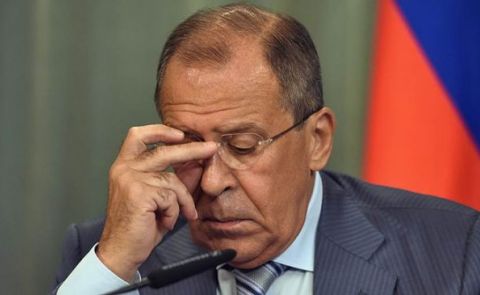
Armenia and the Reassessment of its Strategic Position
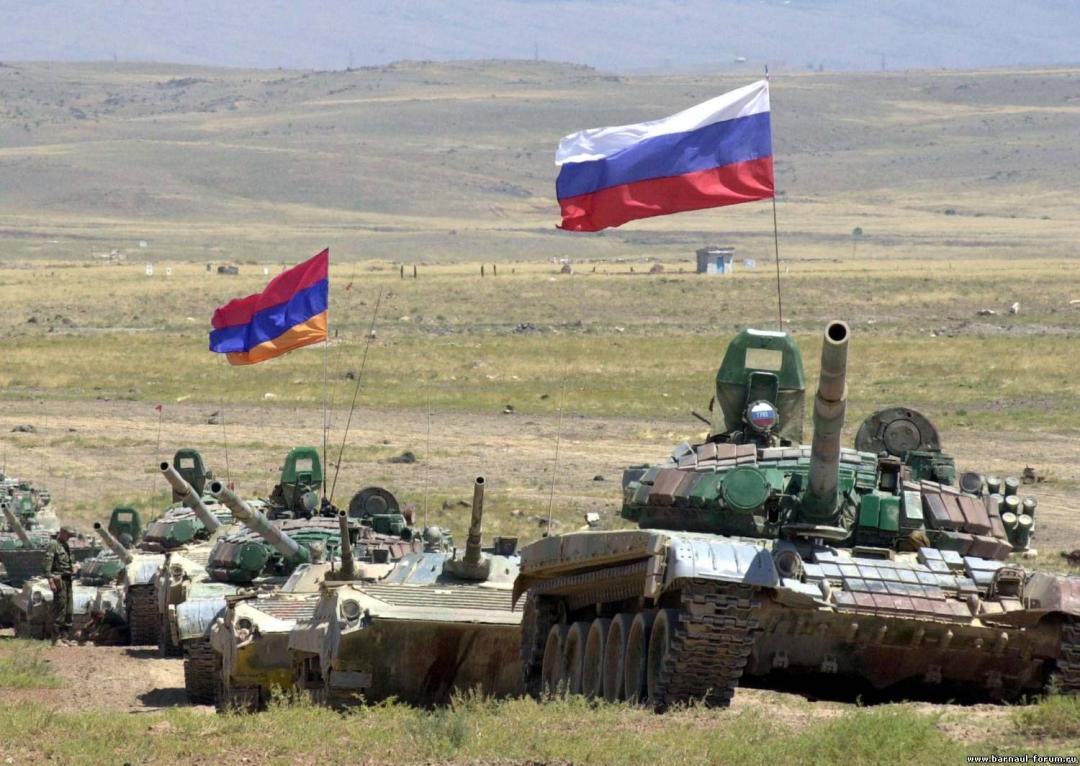
As Armenia has lost remnants of its influence over Nagorno-Karabakh, its strategic relationship with Russia is likely to undergo significant changes. Identifying the areas in which these changes could take place will be an important question in the coming months.
Russia's longstanding dominance in the South Caucasus appears to be waning. What was once an assured presence, especially after Russia's peacekeeping mission in Azerbaijan following the Second Nagorno-Karabakh War, now appears to be a foreign policy that could lead to the erosion of Moscow's influence, which the Kremlin has managed to maintain since the collapse of the Soviet Union. The troubled relations between Armenia and Russia are indicative of this trend.
With the surrender of Karabakh troops to the Azerbaijani side and effectively the entire enclave to Baku, relations between Yerevan and Moscow will continue to deteriorate.
This is building on the mutual grievances that have accumulated between the two sides since 2018, when the peaceful revolution brought Nikol Pashinyan to power, and which worsened after Armenia's defeat in the 2020 war with Azerbaijan. In fact, there has been a significant shift in Russia's approach to the region, as Moscow has tilted more toward Azerbaijan. This shift was evident in Russia's changing stance on the status of Nagorno-Karabakh - from advocating the status quo to supporting the idea of Karabakh's Armenian population living under Azerbaijani laws.
Armenia's Prime Minister Nikol Pashinyan criticized Russia, claiming that its influence in the South Caucasus was waning. Tensions escalated when Armenia, at Pashinyan's insistence, recalled its CSTO representative and began military exercises with U.S. troops. Moreover, Armenia sent aid to Ukraine, coinciding with Pashinyan's wife's visit to Kyiv. To add to the discord, the Armenian Prime Minister sent the proposed Rome Statute of the International Criminal Court (ICC) to the Armenian parliament. This was seen in Moscow as a move that could potentially jeopardize Putin's security. The Russian president was unable to visit South Africa for the BRICS summit because of the ICC arrest warrant.
The shift in Russia's approach to Armenia depended heavily on the dynamics of bilateral relations between Moscow and Baku. Overall, Azerbaijan has seized an opportunity in the midst of Armenia's weak regional position and deteriorating relations with Russia. At the same time, Azerbaijan's geopolitical importance has grown, especially as a key trade conduit in the International North-South Transport Corridor (INSTC). Baku has also shrewdly used Turkey's good relations with Russia to its advantage.
What happens in Nagorno-Karabakh will shape Armenia's perception of its still-existing alliance with Russia and, more broadly, its geopolitical position in the region. Yerevan is likely to seek closer ties with Iran as a powerful counterweight to Azerbaijan. It will also seek rapprochement with Turkey to further de-escalate tensions and perhaps even hope to somehow dilute the Ankara-Baku axis.
While Armenia treads carefully to avoid straining relations with Russia, its economic dependence on Moscow makes it highly vulnerable. Russia holds significant levers over Armenia, one of which is burgeoning bilateral trade. In 2022, for instance, the volume of trade jumped to $5.3 billion, almost double the amount in 2021. Although Russia did not live up to its role as Armenia's security provider after the Nagorno-Karabakh war in 2020, its military base in Gyumri remains central to Armenia's defense thinking. Thus, while CSTO membership has diminished in importance for Yerevan and the country may seriously consider leaving the grouping, it is likely to maintain its alliance with Russia.
In the long run, with Armenia unlikely to attempt to reclaim Nagorno-Karabakh territories and with Azerbaijan-Russia relations continuing in the face of INSTC expansion, tensions between Moscow and Yerevan are likely to increase. This could call into question Russia's overall commitment to maintaining its regional position. Trends suggest that Russia's influence is waning across the South Caucasus, mirroring what is happening in Central Asia, where countries have taken advantage of Moscow's distraction in Ukraine to successfully pursue multi-aligned foreign policies.
Thus, while Russia remains an integral part of the South Caucasus for economic and, above all, geographical reasons, its position is being actively challenged. The deterioration of bilateral relations between Armenia and Russia reflects the malaise of Moscow's prestige in the South Caucasus. It also raises other questions. How much does Russia expect Azerbaijan, with its restored territorial integrity, to be more loyal to what Moscow wants? Through Nagorno-Karabakh, Russia has always had a number of tools to indirectly influence Azerbaijan. Now this dynamic will change, and Moscow will have to deal with a country that will be less and less obliged to follow Russian foreign policy prescriptions. Russia's transactional approach to Azerbaijan may be good at producing immediate foreign policy results, but it lacks any real alliance logic.
The approach may also reveal a much broader shift in Moscow's thinking, in which the logic of alliance (for example, through the CSTO) no longer serves Russia's interests, or is used only when deemed necessary for Russian interests alone. In other words, given what has happened to Armenia and its relations with Russia, the effectiveness of Russian-led multilateral initiatives will be further called into question.
Emil Avdaliani is a professor at the European University and director of Middle East studies at the Georgian think tank Geocase.
See Also

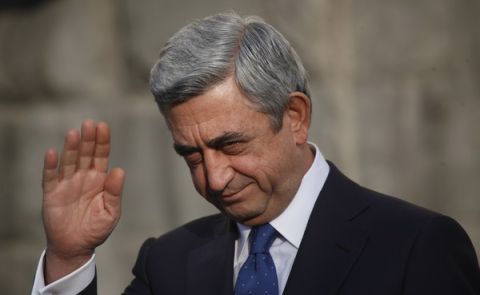
Serzh Sargsyan Rejects Charges, Backs Impeachment, and Warns of Secret Deals
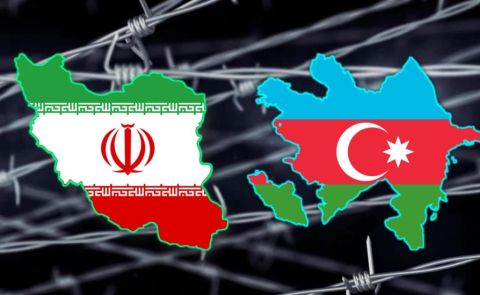
Azerbaijan Confirms Execution of Terrorist Behind Embassy Attack in Iran
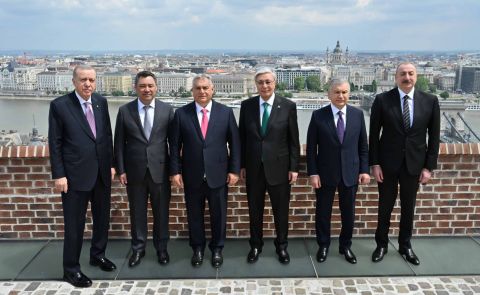
Turkic Leaders Adopt Budapest Declaration, Emphasizing Peace, Trade, and Digital Connectivity

International Officials Criticize Georgian Dream Amid Democratic Concerns

